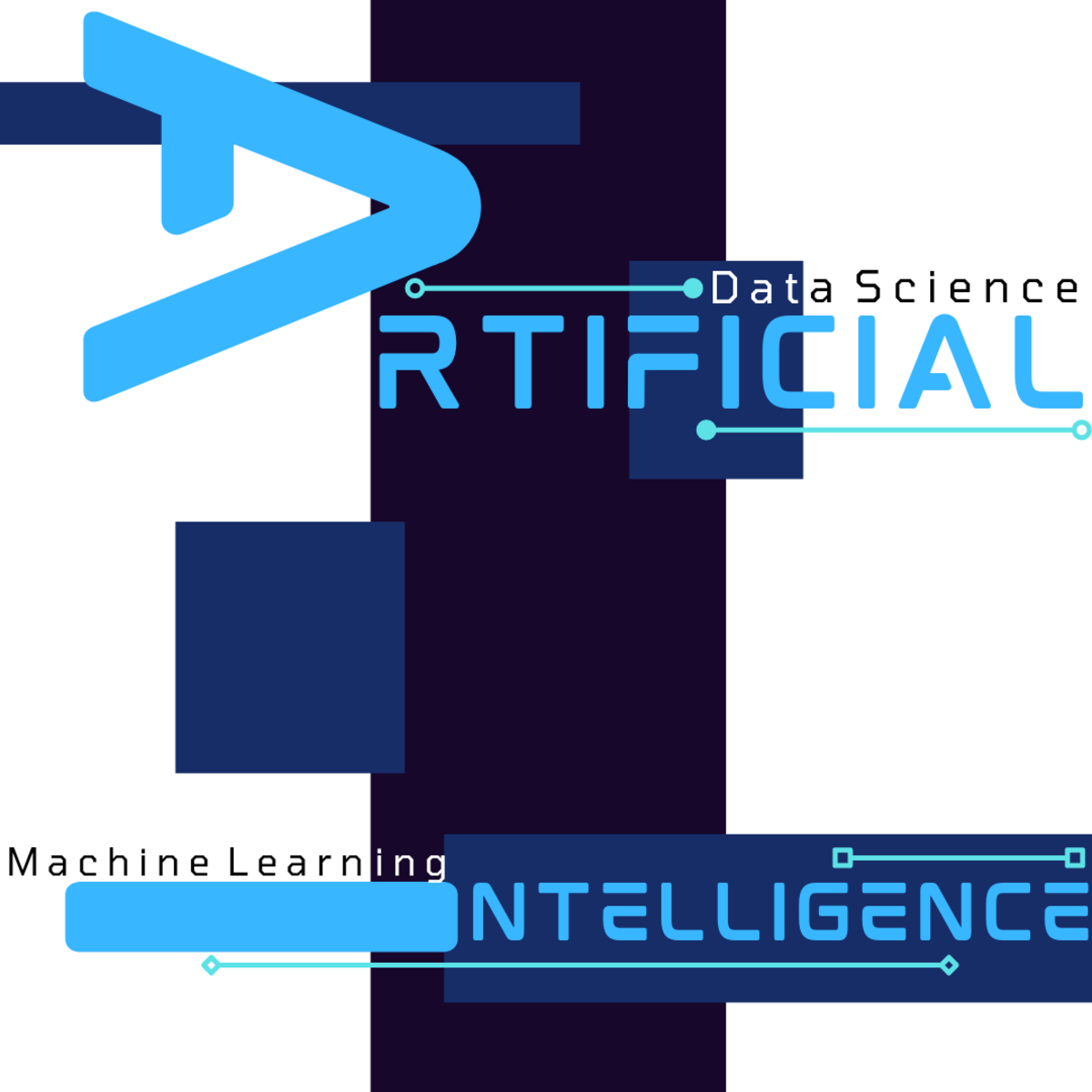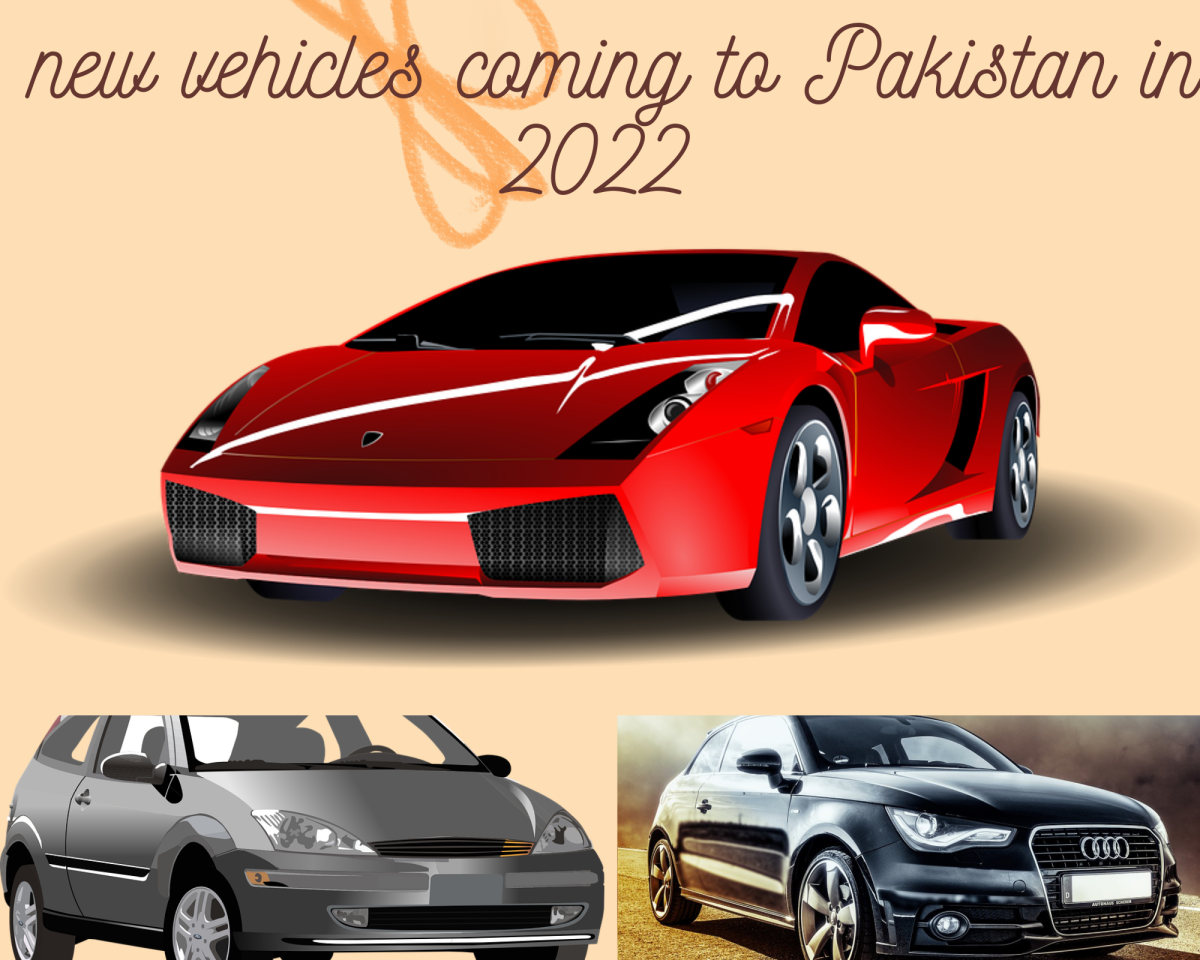Future Automotive Technologies
One of the most significant changes in automobiles of the 21st century would probably be environmentally compliant cars and automobiles which provide sustainable transportation. The designers would try to strike a fine balance between motoring pleasure and environmental responsibility.
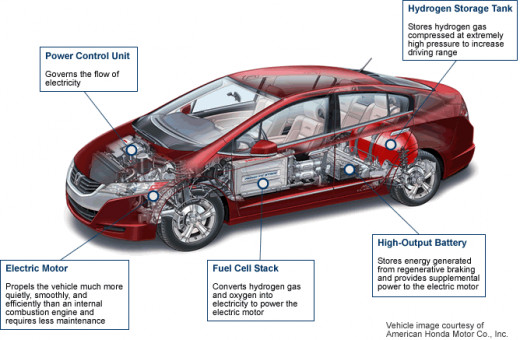
One of the biggest challenges for automotive giants like Ford is developing the fuel cells as a major source for propelling automobiles of the future. However, making the cells practical as well as affordable is a hurdle that the company is confident of overcoming soon. According to Dr. Roos, the Japan Steel Industry Professor of Engineering in the Department of Civil and Environmental Engineering, “The future would also witness a major overhaul in the road and highway systems, preventing grid-locks and reducing congestion in the cities of tomorrow.”
The upcoming “Smart” technologies would include battery electric vehicles, hydrogen cars and bio-fuels, and various alternative fuels. Moreover, development of Homogeneous Charge Compression Ignition (HCCI), Stirling engines and utilizing the stored energy of compressed air or liquid nitrogen is underway.
The conventional steel automotive bodies are to be replaced by lighter and more tenacious materials like duraluminum, fiberglass, carbon fiber, and carbon nano-tubes. An initiative called the Vehicle Infrastructure Integration or VII is attempting to develop cutting edge technology for linking the automobiles to their physical environment. The objective is to provide better road safety for passengers as well as pedestrians.
Homogeneous Charge Compression Ignition
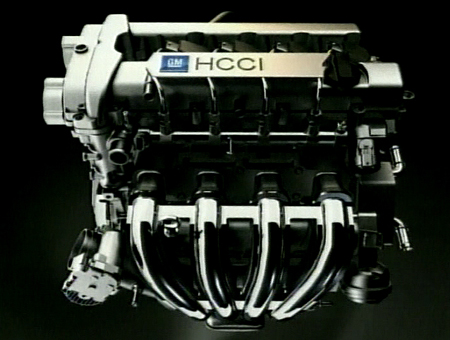
There are already some futuristic cars which are available in the market presently. One of them is the Aptera 2 Series, which is primarily designed for fuel-efficiency. This passenger car gives you an amazing mileage of 300 miles per gallon. The hybrid powered car needs to be plugged in every 120 miles, making Aptera 2 one of the most fuel efficient cars around. The car also boasts of a remarkable acceleration (It accelerates from 0 to 60 mph in less than 10 seconds and has a top speed of 85 mph). The VW 1-litre is yet another concept car which is catching the eye of many motorists. The two-seater gives a super mileage (235 miles per US gallon). This is possible due to it’s optimally designed body which is both lightweight and aerodynamic. Furthermore, its engine and transmission is built for economy. The materials used in the car include aluminum, magnesium and advanced composite plastics. The underside is streamlined with a full belly pan, since there’s no exhaust present in the car.
Aptera 2 - Future Car
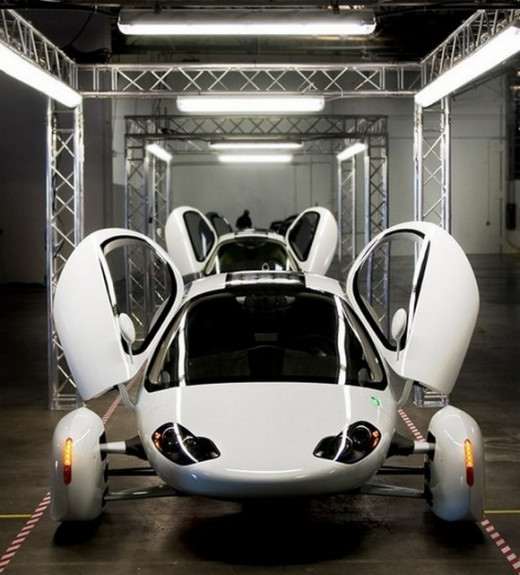
Ford Reflex Concept is a family car designed to suit the future motorists. Its futuristic reverse butterfly doors are designed for convenience. The seating arrangement consists of a small “Love Seat” in the rear which can easily seat two adults. A push of a button converts the seat to two small seats, ideal for children. The safety features include the additional side curtain airbags, the inflatable seat belts and the BeltMinder™ which warns the driver if someone in the rear seat isn’t buckled up. What’s more, the solar roof fans keep the temperature inside the car cooler during the scorching summer months. The innovation doesn’t stop there, there’s even the solar head and tail lights which charges up during the day and can be deployed during night to save fuel.
Amazing Future Car Concepts
The Smart Car Technology You Want to See First?
A number of automotive engineers are integrating trend setting technologies which will shape up the future of the automobile. A few such examples are BMW’s Turbosteamer technology which utilizes the heat generated by conventional internal combustion engines for generating mechanical energy, resulting in a whopping 15% increase in fuel efficiency; Regenerative Braking Technology which stores energy that usually is lost as waste heat from the brake pads and using Computational Fluid Dynamics in the design stage which can allow cars to use up less energy to push through the air.
BMW's Turbosteamer at Work
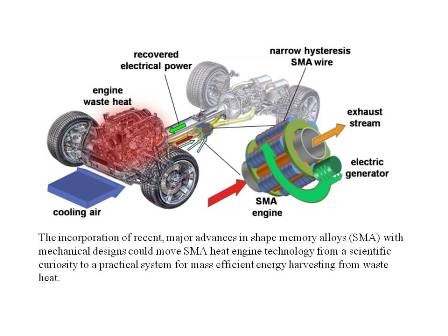
Some other changes expected in the automotive world of the future are car-sharing, telecommuting and Telematics. Telematics technology basically allows commuters to share cars on a pay-as-you-go basis. Some companies already offering such service are City Car Club of the UK, Mobility in Europe and Zipcar in the US. Also imminent are great leaps in the development of the electric automobile, which could integrate advanced technologies such as satellite and radar technology, Night-Vision Imaging Systems and Integrated Transportation System directing drivers to alternative routes during traffic jams.
Merc's Night Vision
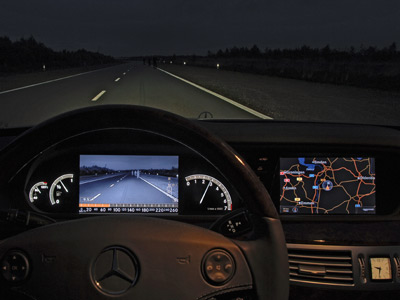
MIT's AgeLab is finalizing the design of a car by the name Miss Daisy, a cherry-red Volkswagen Beetle equipped with a Collision-Avoidance System. Miss Daisy gives us a glimpse of what the future of the automobile is going to be like. So brace yourself since the automotive technologies of the future will not fail to amaze you.
Collision Avoidance System Switch in Future Cars






